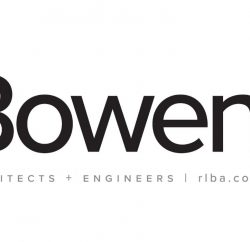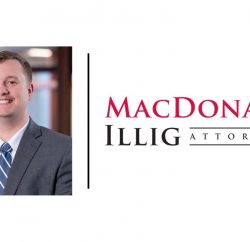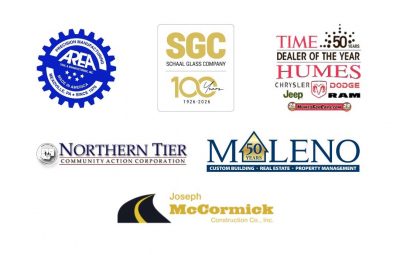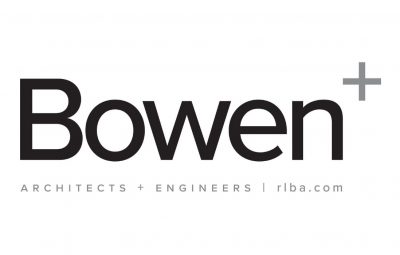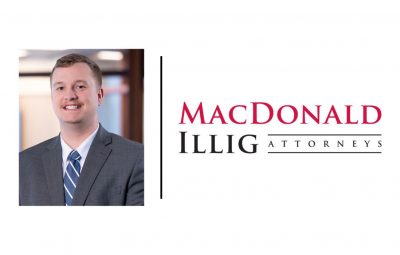Scott Wallen is a partner at MacDonald Illig where he concentrates his practice in the areas of estate planning and administration, corporate mergers and acquisitions, corporate formation, business succession planning, elder law, nonprofit corporations law and health-care law. He is also a Certified Public Accountant and routinely handles matters involving federal and state taxation issues including corporate and individual taxation and sales tax issues.
If you are a business owner or a real estate investor, chances are you have heard about “1031 Exchanges” and how they can save you from paying taxes if you sell business or investment property. Most clients I talk to about 1031 Exchanges do not realize they can be utilized for more than just real estate, or that you do not have to complete the buy-and-sell portion of the transaction simultaneously.
Put simply, a 1031 Exchange allows you to swap certain business or investment property for other “like-kind” property and realize no taxable gain at the time of the transfer. The benefit of exchanging property, as opposed to selling it, is it allows your investment in the property to grow tax deferred.
What constitutes “like-kind” property is broad. Any type of real property (other than your principal residence) is considered “like-kind” to any other piece of real property under Internal Revenue Code (the “Code”) Section 1031. Thus, you are able to swap a vacant, unimproved piece of property for property containing an apartment complex or a downtown office building for a country bed and breakfast. In addition to real estate, business property such as machinery or equipment can qualify as “like-kind” to other types of machinery or equipment.
Even if you have not found a replacement property at the time you are ready to sell, Section 1031 permits a delayed exchange. In a delayed (or starker) exchange, a third-party intermediary holds the cash from the sale of your property until replacement property is located. Once the replacement property is located, the third-party intermediary pays for it using the funds from the sale of your property. Thus, you can still take advantage of a 1031 Exchange even if you have not yet found the replacement property. In delayed exchanges, you must follow strict Internal Revenue Service (IRS) guidelines, which include several deadlines and other documentation requirements before you sell the first property.
An example illustrates how a delayed 1031 Exchange works:
You purchase a run-down office building for $25,000. After purchase you make improvements at a cost of $75,000. You now sell the property for $250,000 and pocket the proceeds. You have a $150,000 taxable gain on the sale. This gain is subject to federal income tax.
Instead of pocketing the proceeds, you have the proceeds paid to an intermediary to hold while you locate replacement property. Within the permitted timeframe, you find an apartment building for sale for $250,000. The intermediary purchases the property on your behalf using the proceeds from the sale of the office building. Assuming all of the requirements of a delayed exchange are met, you pay no federal income tax on the exchange.
It is important to note, however, that Pennsylvania does not recognize 1031 Exchanges and the gain on the transaction would be subject to Pennsylvania income tax.
For more information about 1031 Exchanges, contact Scott Wallen at 814/870-7760 or swallen@mijb.com.




